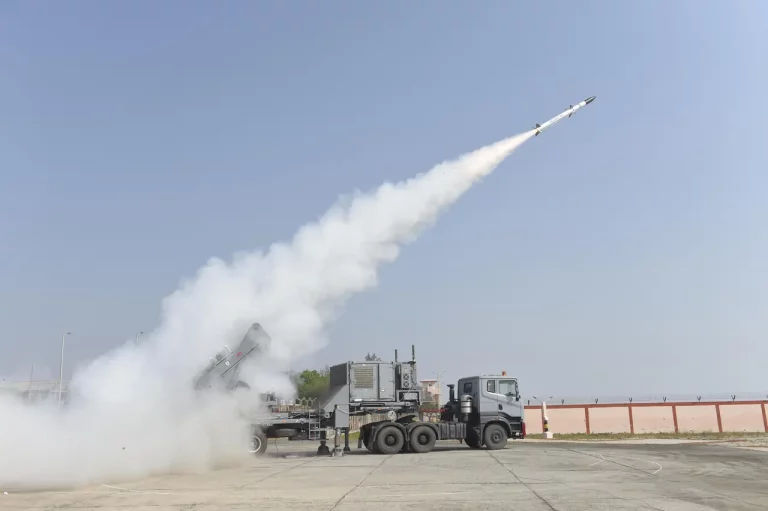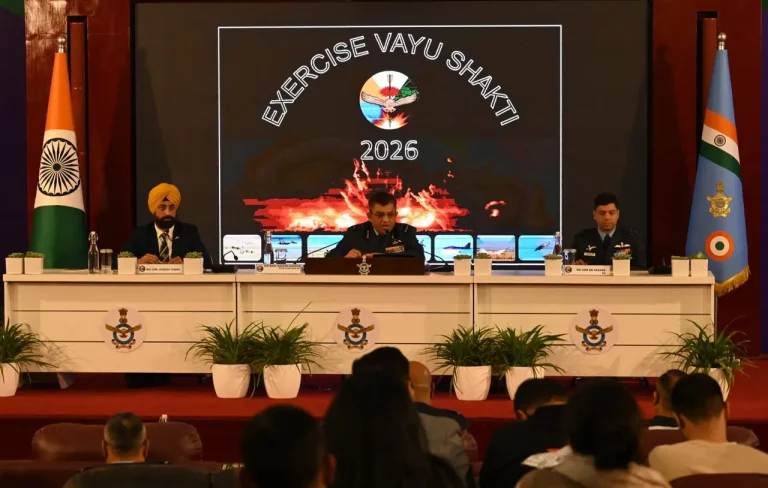Indian military installations in Jammu, Pathankot, and Udhampur faced attacks today from drones and missiles believed to be of Pakistani origin, as reported by the Ministry of Defence. These incidents occurred along the International Border in Jammu and Kashmir, but were effectively neutralized through a mix of kinetic and non-kinetic defense measures, with no casualties or material losses reported.
The Ministry stressed that the Indian military stands ready to defend its sovereignty and safeguard its citizens, vowing a staunch response to any further provocations. This incident unfolds amidst heightened tensions in the region, triggered by India’s recent military operation, “Operation Sindoor,” conducted on May 7, 2025. This operation was a direct retaliation against a terrorist attack on April 22 that claimed the lives of 26 civilians in Pahalgam, Jammu and Kashmir, involving targeted strikes on nine terror camps across Pakistan and Pakistan-occupied Kashmir.
In light of the aerial threats, the Indian Air Force deployed its advanced S-400 Sudarshan Chakra air defense systems. These systems, capable of engaging targets within a 400-kilometer radius, were successfully utilized to intercept the incoming missiles and drones. They are strategically stationed to protect critical areas including Jammu and Kashmir and Punjab, with additional units in place to cover regions in Rajasthan and Gujarat.
In contrast, Pakistan’s Foreign Minister Ishaq Dar has categorically denied any involvement in the attacks, rejecting India’s claims. Meanwhile, Pakistan has reported casualties from what it characterizes as Indian drone strikes, including the deaths of two civilians and injuries to four soldiers in Lahore. Pakistani authorities have asserted that they downed several Indian drones, further escalating the already tense situation.
The exchange of accusations has led to heightened military readiness on both sides. Indian Foreign Secretary Vikram Misri articulated that India’s military actions were a measured response to ongoing cross-border terrorism. On the flip side, Pakistan’s Defense Minister Khawaja Asif has warned of potential retaliation, pointing to an increasingly hostile atmosphere.
Diplomatic tensions are also on the rise, highlighted by India’s decision to suspend its participation in the Indus Waters Treaty and the closure of the Attari-Wagah border crossing. The international community has signaled alarm over the deteriorating situation, with the U.S. Consulate in Lahore issuing a security alert to its personnel amid concerns of a full-scale conflict.
In response to these developments, Prime Minister Narendra Modi convened a high-level meeting aimed at reviewing national security preparedness and enhancing inter-ministerial coordination to address the volatile scenario effectively. As both nations brace for possible further escalation, the underlying issues of territorial integrity and regional stability continue to loom large.





